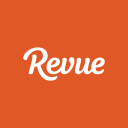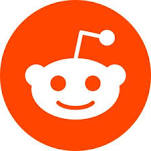We're Using Our Agency Experience To Build A Paid Newsletter
Note: This business is no longer running. It was started in 2018 and ended in 2023. Reason for closure: Shut down.
Hello! Who are you, and what business did you start?
My name is Joseph Solomon, and I’m the Founder & CEO of We Do It Remotely.
WDIR is currently a side project that started as a content agency writing high-converting content for businesses in the eCommerce space. We took our knowledge of landing high-paying clients and turned it into a premium course. This course was a 4-week training program that took freelancers through stages of building a portfolio, crafting compelling pitches, and setting up work contracts with clients. It generated $500-2500 a month.
One of our main focuses now is reaching a wider audience through our newsletter. In this newsletter, we share actionable tips and insights to freelancers worldwide who want to grow their remote freelance businesses. Most of the freelancers we serve are writers and marketers, but we’re trying to help freelancers in other industries succeed by applying key concepts to their client search. Most of our course students came from referrals and our friends working full-time jobs but wanting to build side hustles.
The newsletter launched last month but is growing quickly. We recently launched a paid section where we do deep dives into...
















